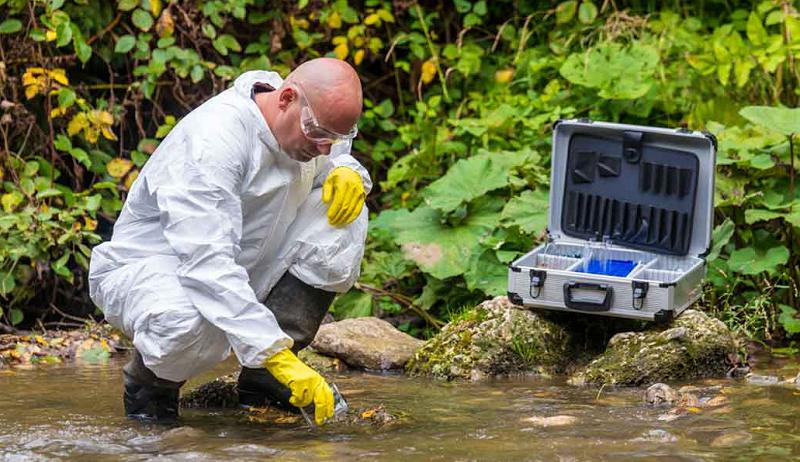Environmental consultants play a critical role in addressing complex environmental challenges and promoting sustainable practices. Their expertise and services are essential for several reasons:
-
Navigating Regulatory Compliance: Environmental regulations are complex and continually evolving. Environmental consultants help businesses, government agencies, and organizations understand and comply with local, state, and federal environmental laws. This ensures that activities are conducted within the bounds of the law, avoiding legal issues and potential fines.
-
Environmental Impact Assessment: Before starting a project, it’s essential to assess its potential environmental impact. Environmental consultants conduct thorough assessments and studies to identify potential risks, impacts on ecosystems, and ways to minimize harm. This process helps mitigate negative consequences and find sustainable solutions.
-
Sustainable Practices: Environmental consultants assist organizations in adopting sustainable practices, reducing their environmental footprint, and improving overall sustainability. This includes recommendations for energy efficiency, waste reduction, and resource conservation, which can lead to cost savings and enhanced corporate responsibility.
-
Risk Management: Consultants specialize in assessing and managing environmental risks associated with specific activities or locations. They develop strategies to mitigate potential harm, safeguard human health, and protect ecosystems. This risk management is crucial for preventing environmental disasters and minimizing liabilities.
-
Environmental Remediation: In cases where contamination or environmental damage has occurred, environmental consultants help plan and oversee cleanup and remediation efforts. They ensure that remediation is conducted safely, effectively, and in compliance with regulatory standards.
-
Data Collection and Analysis: Environmental consultants gather and analyze data related to air and water quality, soil conditions, biodiversity, and other environmental factors. This data informs decision-making and helps monitor the health of ecosystems.
-
Emergency Response: During environmental emergencies like chemical spills, natural disasters, or pollution incidents, environmental consultants provide critical expertise in managing the response and mitigating the impact on the environment and public health.
-
Assisting Diverse Industries: Consultants serve a wide range of industries, including construction, manufacturing, energy, real estate development, agriculture, and transportation. They ensure that these industries operate in an environmentally responsible manner, balancing economic activities with environmental protection.
-
Expertise and Specialization: Environmental consultants often specialize in specific areas such as air quality, water resources, geology, or wildlife conservation. Their specialized knowledge allows for in-depth analysis and tailored solutions to unique environmental challenges.
-
Education and Awareness: Consultants educate their clients and stakeholders about environmental issues, regulations, and best practices. This raises awareness and encourages responsible environmental stewardship at various levels of society.
-
Facilitating Sustainable Development: They help find a balance between development and environmental conservation, ensuring that projects and policies promote sustainable development that benefits both people and the planet.
In summary, environmental consultants are crucial in promoting responsible environmental management, safeguarding ecosystems, ensuring compliance with regulations, and facilitating sustainable practices across various industries and sectors. Their work contributes to a healthier environment, improved public health, and a more sustainable future for all.




